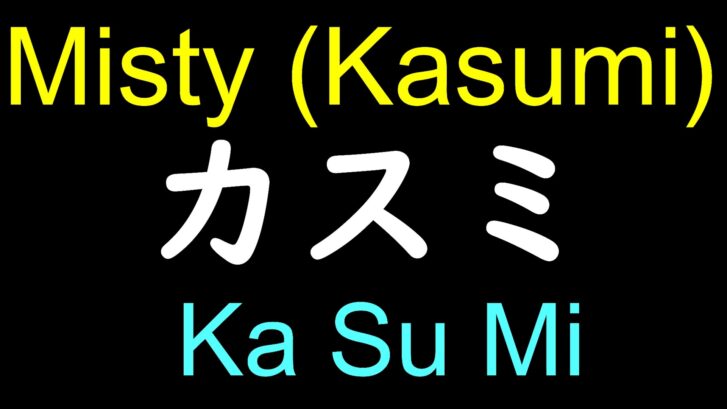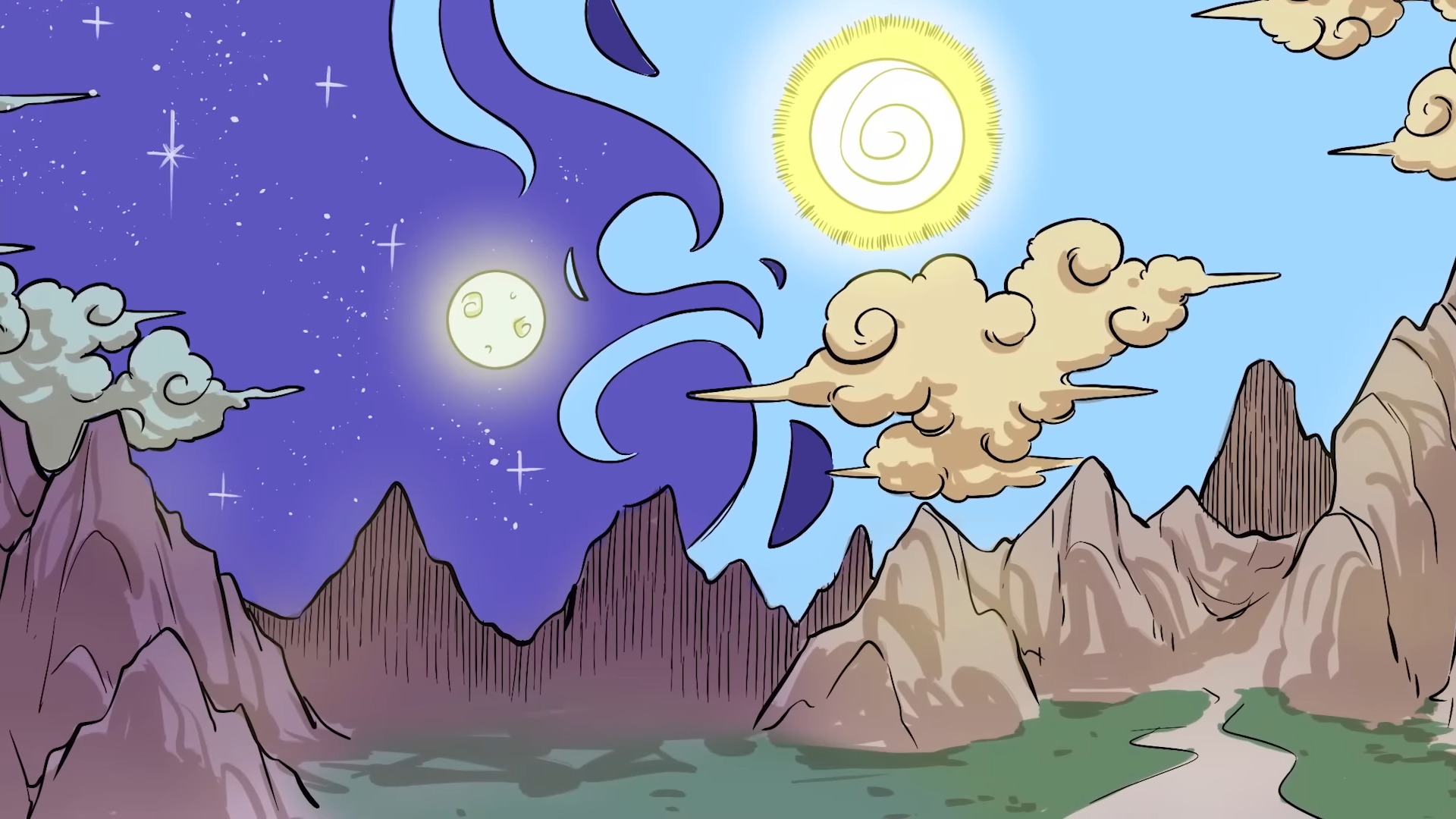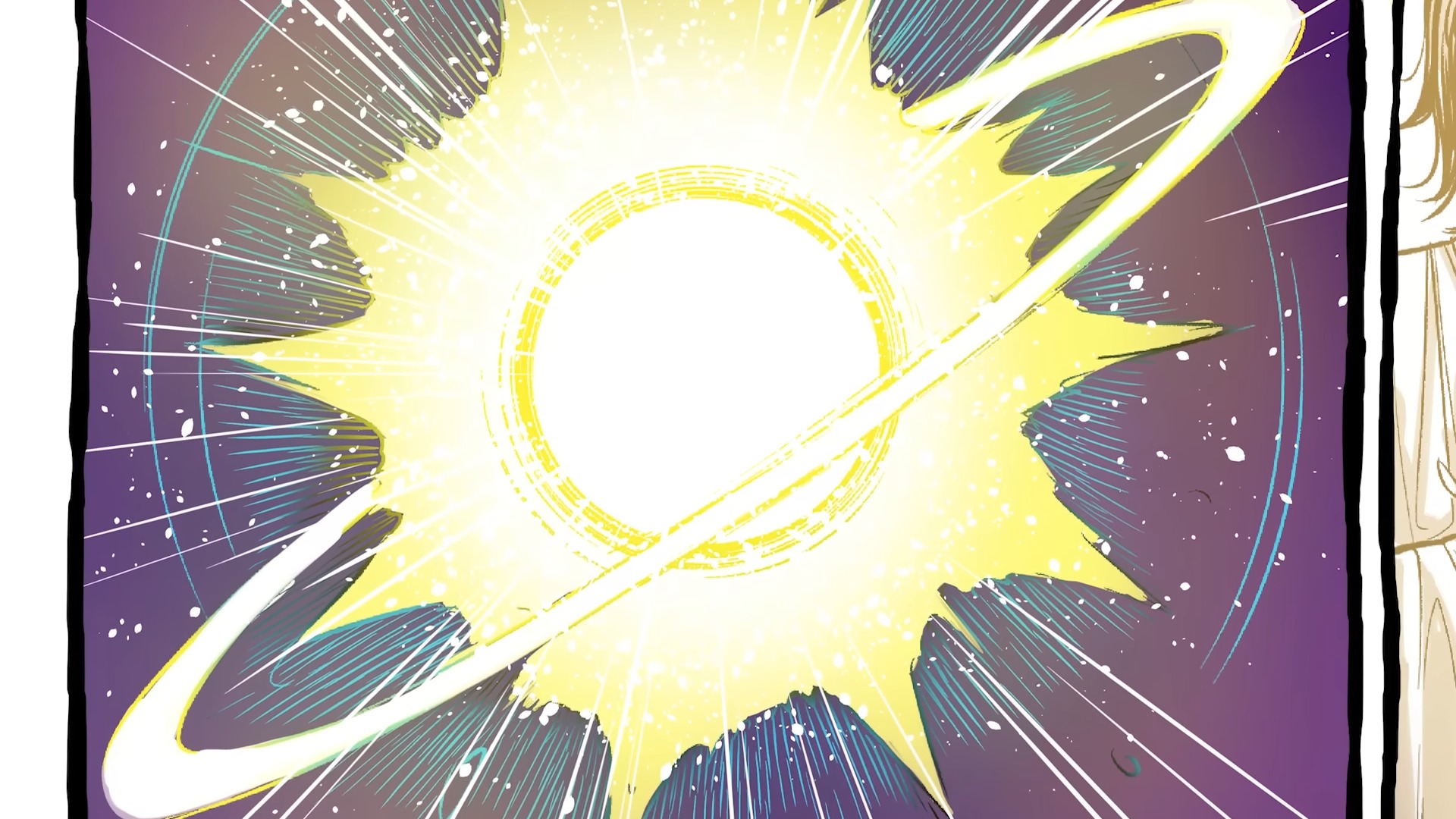In Japanese culture, names are not just labels, but they carry deep significance and sometimes reflect qualities like mystery and strength. In this guide, we’ll explore various Japanese names that are associated with darkness, offering insights into their meanings, cultural significance, and the connotations they carry.
Whether you’re a parent looking for a meaningful name for your child, a writer seeking inspiration for character names, or simply curious about Japanese naming conventions, we’ll show you how darkness-themed names are perceived and used in this society.
Key Takeaways
- Japanese names with dark meanings embrace a spectrum of connotations, from strength to mystery.
- Options for dark-themed names extend to boys, girls, and gender-neutral choices, offering a rich variety.
- These names are a testament to the complexity and depth of cultural significance in Japanese naming traditions.
Boy Names
In Japanese culture, folklore, and mythology, names possess substantial significance and may reflect literary characters or mythological creatures’ traits. Names like these might evoke images of ethereal beings or echo tales of fallen angels.
It is crucial to understand the cultural significance and linguistic nuances to ensure the name conveys the desired connotation, aligning with gender norms and the broader symbolic intent. If you’ve been wondering about boy names with gloomy connotations, the following list showcases male Japanese names that are tied to darker themes.
- Kuro (くろ): This name translates to “black” or “ninth son,” often associated with enigma and the obscure.
- Kaiyo (海洋): Traditionally meaning “ocean,” it also conveys the profound darkness of the sea’s depths.
- Akuma (あくま): Literally “demon” or “devil,” it signifies evil spirits within the Japanese Christian context and refers to Satan specifically.
- Kuragari (らがり): Connotes sheer darkness, symbolizing peril and the unknown.
- Kurai (らい): Signifies gloominess; a common adjective now in use as a name.
- Orochi (大蛇): Represents a legendary serpent, directly translating to “big snake” and linked to the mythical eight-headed dragon.
- Aku (あく): Simply put, this name means “evil” or “wicked.”
- Ebiru (エビル): While meaning “evil,” it carries diverse meanings in other Asian languages, such as desire or happiness.
- Fuzen (ふぜん): Encompasses the meanings of “sin” and “evil,” but also embodies the concept of redemption.
In addition to the above, here is a list formatted for easier reading:
| Name | Kanji | Meaning |
|---|---|---|
| Inkyo | いんきょ | Shadow |
| Akuji | あくじ | Evildoing |
| Boutoku | ぼうと | Cursed soul |
| Inei | 胤裔 | Shadowy |
| Kirai | きらい | Dislike, hate |
| Kowai | こわい | Frightening |
| Kuraim | 蔵真 | Dark and dreary |
| Kurayami | らやみ | Utter darkness |
| Kurashi | 暮し | Darkness |
| Kureru | 呉れる | Growing dark |
| Kuroshi | 黒潮 | Dark tide |
| Ashi | あし | Malevolent |
| Taihen | 大変 | Terrible, extreme |
| Nozomi | 望 | Carrying a darker undertone linked to hopeful dreams |
Each name holds multilayered meanings that often reflect the multifaceted nature of Japanese culture and language. Some denote a powerful darkness, while others have a touch of positivity amidst their gloomy significations.
These contrasting interpretations allow for a diverse range of naming possibilities that encompass both the shadowy aspects of life and the potential for profound depth and character.
Girl Names With Dark Meaning
You might find that certain names for girls possess meanings tinged with darker hues, each a reflection of the layer-rich Japanese culture. These names might unfurl narratives of night, mystery, or even the supernatural.
Such names might be selected for their distinctive sound or for the evocative imagery they summon.
- Ahma: Meaning ‘black rain,’ Ahma is especially poignant for girls born during the often rainy months from September to November.
- Akuhei: Translating to ‘evil,’ this name holds connotations of strength and power.
- Kage: Symbolizing a ‘shadow,’ Kage could be an apt choice for a girl born at nighttime; it is also found among surnames in Japan.
- Chiyo: This name can mean ‘bloody night’ and conveys notions of prosperity, longevity, and inner fortitude.
- Somberu: It represents ‘twilight birth,’ suited for girls born as the day turns to dusk.
- Youko: Meaning ‘night child,’ it’s ideal for those born when the moon is high.
- Ahmya: Sharing the meaning ‘black rain,’ it paints a picture of romance, perhaps perfect for a child born into rain-soaked moments.
- Amaya: Both ‘night rain’ and ‘mother city’ are captured in Amaya, with tones that resonate well when spoken.
- Kanashi: With a sound that is aesthetically pleasing, it means ‘sorrowful’ or ‘sad.’
- Maria: Known globally, few recognize its dark meaning—’the sea of bitterness.’
- Sunako: Denoting the ‘dark side,’ Sunako also possesses alternate meanings and sounds delightful aloud.
- Warui: Generally meaning ‘wicked,’ it holds a positive connotative duality in Kenyan culture, embodying ‘belonging to the river.’
- Yoru: This name directly refers to ‘darkness’ or ‘night,’ but intertwines the concepts of hope and new beginnings.
- Yui: ‘Alone’ is the simple yet profound meaning behind Yui, a name that also enjoys popularity in entertainment mediums.
- Higa: Signifying ‘evil’ as well as ‘untrue,’ it can be viewed as symbolizing perseverance through challenging times.
- Akumu: Standing out with the meaning ‘nightmare,’ it serves as a reminder to remain conscious of our internal world.
- Koko: ‘Black foot’ or another allusion to night, Koko marries nostalgia with contemporary charisma.
- Kuroi: Embodying ‘black,’ Kuroi captures an elegance and depth associated with the darker aspects of nature or existence.
Gender-Neutral Labels Associated with Shadows and Nightfall
Here is a compilation of names that carry the essence of dusk, the cosmos, and the obscure.
| Name | Meaning |
|---|---|
| Kai | Often associated with the enigma of the abyss, embodies both a positive and mysterious implication. |
| Jikan | Combines elements of temporal progression with the profound depths of nocturnal darkness. |
| Chi | Serves as a symbol for the profound shade that can dwell within a heart. |
| Aoi | Captures the dense hue of the twilight sky or deep waters, with strong literary and cultural resonance. |
| Kure | Represents the dimness that descends at nightfall or the shadow within the human spirit. |
| Yami | Equally capable of signifying a positive mystery or a dense blackness, holds a duality in its meaning. |
| Yuki | Moon-inspired, shared by those who might possess a spiritual or otherworldly allure. |
| Shiro | Linked with the silvery sheen of darkness and can also be interpreted as an emblem of fortune and lunar brilliance. |
| Mayu | Associated with lunar beauty, conveys authenticity. |
| Muga | Evokes notions of the existential void, chosen for its portrayal of inner fortitude and enlightenment. |
| Kurou | Embodies traditional strength, signifies the prominence of being the ninth in lineage. |
| Kaito | Connects the vastness of the sea and the universe, suggesting a spirit unbound by convention. |
| Sora | Represents the boundless sky, a testament to freedom and imagination. |
| Ryo | Bears the freshness and chill of a breeze, fitting for those who exude composure and subtle sophistication. |
| Gaito | Denotes triumph and a celestial guide, apt for individuals deemed to achieve greatness. |
| Kumo | As ethereal as the feature it names, chosen for individuals with a serene and whimsical aura. |
| Kiri | Beautifully captures the ephemeral nature of mist and fog, lending a sense of soft mystery. |
| Ame | Inspired by the renewing rain, selected for its undertones of rejuvenation and hopefulness. |
| Mizu | Emblematic of life’s fluidity and purity, perfect for those adaptable by nature. |
The names listed above are rich with cultural connotations and encapsulate an array of profound meanings drawn from the natural and spiritual world.
Last Names with Dark Connotations
In Japanese culture, certain surnames carry intriguing and often solemn meanings, as well. These names may hint at a lineage tied to the supernatural or speak to the mystical traditions of Japan.
Among the many, some notable examples include:
- Kurogane (鉄): Evoking the solidity and darkness of iron.
- Kuroishi (黒石): Literally translating to “black stone,” suggestive of something unyielding and gloomy.
- Kuro (黒): A prefix meaning “black” or “dark,” often associated with the obscure or the night.
- Gen (玄): Signifying “dark” or “mysterious,” this character captures the enigmatic qualities of a family’s past.
These appellations are steeped in history, potentially revealing the bearer’s ancestral roots or reflecting the occupations or characteristics attributed to a family in its feudal origins.
It is crucial to acknowledge these names within their cultural context, as they can potentially signify socio-historical identities that are significant within Japanese society.
How To Craft Such a Name?
For those interested in creating a Japanese name that carries the essence of darkness or night, there are some tips to consider.
- It’s customary to start with the family name followed by the given name.
- Selecting two kanji characters that hold the desired meaning can be a personal and meaningful process. These kanji could represent darkness, night, or related concepts.
- Embracing one’s heritage by choosing a family-associated kanji with a dark meaning can add depth and tradition.
It’s all about finding balance and choosing a name that possesses both personal significance and cultural resonance.
Additional Tips
When selecting a name with a darker nuance, you should consider the attractive sound of the name merged with significant and profound meanings.
Names for males often feature endings like -ro, -shi, -ya, or -o, while females’ names might end with -ko, -mi, -e, or -yo.
A typical Japanese name comprises two kanji characters, positioning the family name before the given name. To create a name with a darker ambiance, integrating kanji such as:
- Kuro (黒) meaning ‘black’.
- Yami (闇) signifying ‘darkness’ or ‘shadow’.
- Kurai (暗い) translating to ‘dark’ or ‘gloomy’.
Benefits of These Names
Opting for a Japanese name with dark connotations can have several advantages:
- Such names are often associated with a strong and distinctive personality.
- They may also reflect a unique worldview, setting an individual apart from others.
- One is likely to be recognized and remembered due to the uncommon nature of their name. Moreover, it suggests intelligence and a mature perspective. A dark-themed name can give a sense of individuality and distinction.
FAQs
Can these dark-themed Japanese names be used in formal settings, or are they more casual in nature?
While many of these names have profound and unique meanings, their appropriateness in formal settings depends on cultural context and personal preference. In Japan, names with deeper, darker connotations are generally acceptable in formal situations, as the cultural significance of a name is highly valued.
Are there any special occasions or festivals in Japan where dark-themed names are particularly celebrated or recognized?
There are no specific festivals or occasions in Japan dedicated solely to celebrating dark-themed names. However, Japanese culture has a deep appreciation for the meaning and significance of names, so individuals with such names may find personal connections during cultural festivals that celebrate the mystical or spiritual, such as Obon or Tanabata.
How do dark-themed Japanese names influence the personality or destiny of an individual, according to Japanese beliefs?
In Japanese culture, it’s believed that a name can influence an individual’s personality or destiny. Names with dark themes might be thought to bestow qualities like resilience, depth, and introspection. However, this is more a matter of personal belief and cultural interpretation than a universally accepted concept.
Are there any famous historical figures or celebrities in Japan known for having dark-themed names?
While specific names of historical figures or celebrities may not directly translate to dark themes, some may carry subtle connotations of strength, mystery, or depth, which align with the concept of darkness. Japanese history and contemporary culture have a variety of influential figures with names rich in meaning, though not always directly tied to darkness.
Is there a trend in modern Japan for parents to choose dark-themed names for their children, or are these names considered more traditional?
Dark-themed names are not necessarily a modern trend, but they are also not confined to tradition. The choice of such names depends on individual preferences and the meanings parents wish to imbue in their children’s names. Contemporary naming practices in Japan are diverse, encompassing traditional, modern, and unique themes, including dark-themed names.
Can non-Japanese speakers easily pronounce and understand the meanings of these dark-themed Japanese names?
Foreign speakers may find some names challenging to pronounce initially, but with practice, these names can be learned and spoken correctly. Understanding the meanings might require some study or explanation, as they often involve cultural context and nuances that are not immediately apparent to those unfamiliar with the language and culture
Final Thoughts
In the realm of names, those inspired by the shades of the night and the concept of darkness evoke a powerful presence. Each moniker not only carries a deep meaning but also encapsulates a narrative ready to unfold.
Amongst the variety, some names might resonate more deeply with individuals, inviting a sense of connection to the mysterious or the unknown.
Related Posts:
- Why an Alcoholic Cannot Love - The Dark Secret
- Can Hyperbaric Chamber Help with Anxiety and Mental…
- What is the Difference Between a DNP and a DNAP - 2024 Guide
- Dream About Ants: What Does it Mean and How is it…
- Dream About Bees: What Does it Mean for Your Love,…
- How Long Does It Take for Magnesium Citrate to Work?…


















